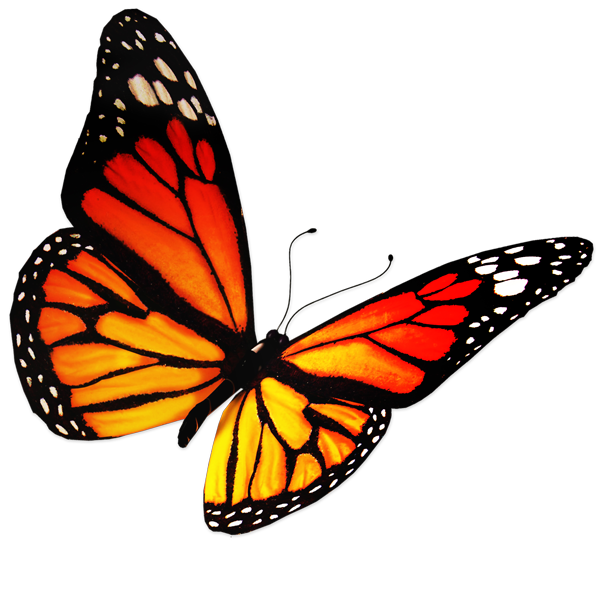Great Parks of Hamilton County’s Conservation & Parks staff take a varied approach to invasive species management and removal based on the needs of the habitat.
Read moreTag: conservation
Erosion problems are among those included in our Ten-Year Critical Infrastructure Needs study, which lists over $100 million in projects that need attention.
Read moreGreat Parks Forever, the philanthropic partner of Great Parks of Hamilton County, has received a grant from the Duke Energy Foundation to test several reforestation methods and determine which will best create wildlife habitat and support the growth of native plant species.
Read moreHave you spotted North America’s smallest falcon around Hamilton County? While American Kestrels are quite adaptable, they sometimes need a little assistance. Conservation Biologist Jack shares why American Kestrels need a specific kind of nesting box and how it can help boost their population.
Read moreOn a chilly, sunny Saturday in October, nearly 100 Great Parks staff and volunteers gathered on an undeveloped edge of Mitchell Memorial Forest to plant 120 trees and shrubs as part of ongoing restoration efforts. How do plantings like this one help improve habitats for local wildlife? Conservation Biologist Daniel dives into how reforestation projects help Great Parks continue to be here for you now, and here for the future.
Read moreOne way Great Parks balances conservation with recreation is by limiting access to sensitive areas. Why are these natural areas so crucial to our ecosystem? Conservation Biologists Daniel and Jack take you on a tour of Trillium Trails State Nature Preserve, share the history behind it and delve into what makes state-designated preserves not just important, but also special.
Read moreGreat Parks staff and volunteers work diligently to protect the parks. So when the U.S. Fish and Wildlife Service removed running buffalo clover from the federal endangered species list this year, we were thrilled! Read on as Conservation team members share how this little plant went from thought to being extinct to growing in the wild.
Read moreJust because wild animals poop in the woods, that doesn’t mean your pup should. It sounds very picky: squirrels, birds, coyotes and rabbits leave their poop right where it is, and that doesn’t hurt anything, right? Read on to learn how not cleaning up after your pet can be detrimental to the environment and wildlife.
Read more








